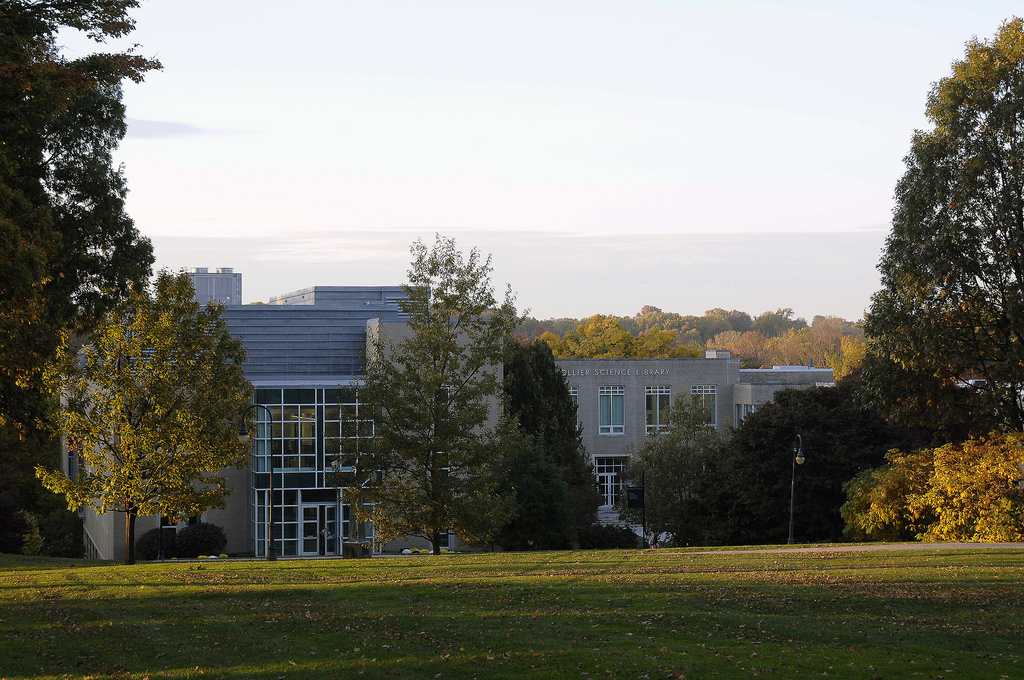Yesterday, I was invited to an external review session on Bryn Mawr’s Health Professions Advising. Bryn Mawr undergraduates of all different years, but mostly seniors, took this opportunity to provide feedback on what they do or do not like about our pre-health advising system. The external review board was made up of health professions advisors from other schools such as Tufts, Wesleyan, Colgate, and Johns Hopkins. They wrote down notes on our comments to provide constructive recommendations for the Bryn Mawr Health Professions Advising. Every department at Bryn Mawr goes through an external review every 10 years. Here are some of the comments brought up by students:
Here are some of the comments brought up by students:
Relationship Between Postbaccs and Undergraduates
We spent quite a big deal of our time on this touchy subject. Students brought up that postbaccs are given preferred treatment in the classroom when in lab together, have access to med school and internship resources not made available to undergraduates, and are taken more seriously by health professions advising when applying to med school. I do agree that they definitely have more resources available to them, and that the postbacc acceptance rate to med school compared to Bryn Mawr undergraduates is significantly higher despite taking the same classes. At first, I thought this was unfair too. But I talked about the situation to someone who does not go to Bryn Mawr (unbiased opinion), and he thought it was justified to give postbaccs more resources. After all, they pay big $$$$$$$ to attend these programs. He compared it to SAT prep courses. Those who pay for the course or tutor typically do better than those who do not. Life is always unfair, people always have connections. The postbacc program is a feeding program to Penn Medicine, the Bryn Mawr undergraduate pre-meds are not. Removing the postbacc program may or may not have an impact on undergraduate acceptance rates. I do not think Bryn Mawr will remove the postbacc program because I am sure the program adds prestige and big $$$$$$ to our school. Prestige and $$$$$$ that I indirectly benefit from.
Not Enough Knowledge on Other Careers Outside of Physician
I relate to this because I am pursuing nursing. I did the research for all the prerequisite classes I need to take before applying and which schools are the best. I reached out to alums and friends in nursing to ask them questions on their career paths. Those who are interested in careers outside of physicians are typically left on their own to do their own research and planning. I do not know if those who are left on their own do better than those who are guided. For one, it builds independence and self reliance. This method is not for everyone though. Resources should be available because as much as you try to navigate your own path, you will miss information here are there.
Little Interaction Between Upper and Under Classmen
A sophomore brought this up. Upperclassmen are a valuable resource to underclassmen because they can tell them which classes to take or not take, which classes they need, and which internships are good. Unless you are not friends with upperclassmen interested in the same career, you will not get the inside scoop. It’s all about the networking.
Poor Coordination of LILAC/CPD, Deans Office, Health Professions Advising
Also agree with this. Three departments. Three different offices at three different parts of campus. Why not consolidate and centralize the three in one office? LILAC brings in some accomplished alums in the health field, but often this information is not passed on through the pre-health system. When applying for health related internships, students find that the resume and cover letter checkers in CPD might not know much about the application process. The STEM pathways spring break program sounded like an awesome program. I would have also wanted to participate if I had known that they would go to a cadaver lab.
Course Info for Pre-Health Tracks Confusing to Navigate
I said that there were enough people in the Tri-Co to organize an Anatomy & Physiology class in the Tri-Co. Currently, we have to go to Villanova or Penn to take it. This is very time consuming. I have already opted to take Anatomy & Physiology in the summer after I graduate Bryn Mawr at my local community college. Does this look bad on my grad school applications? I don’t know. Do I wish I didn’t have to pay for extra classes because they couldn’t fit in my undergraduate schedule? Yes. Other students pointed out that the Deans Office is not well versed on course advising for pre-health tracks. The pre-health track requires many classes and strict adherence to timing if you want to finish before you graduate.

Hi Miranda! I’m a local BMC grad and nurse practitioner, and I’d be happy to come to campus anytime to speak about my profession and the path I took. Don’t worry about the community college coursework, it won’t have a negative impact on your graduate applications. Nursing is great profession, I’m excited to hear another BMC grad will be joining it. Good luck with finals and the rest of the year.
Hi Marissa! I would love to meet up with you to learn about your path. It’s been busy here at Bryn Mawr now because it’s finals week, but perhaps I could plan to invite you to campus sometime in the Fall? I am on the LILAC (Leadership and Career Development) Student Advisory Board and can ask our director bout arranging an alum interest lunch.